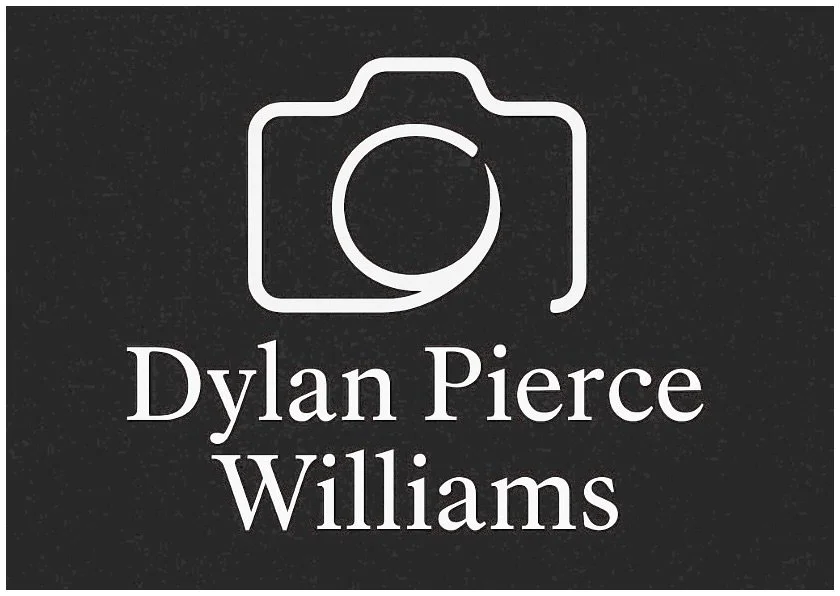Back to Basics: Rediscovering Photography with the Zorki 1
There comes a point in every photographer’s journey when you start to question what really matters. The endless megapixels, the layers of automation, the instant gratificationw which all begin to feel a little hollow. For me, that moment has arrived so Im going back to basics and dusting down my Zorki 1 rangefinder, a 50mm lens, and a roll of 200 ASA film.
The Zorki 1 is a very good Soviet era copy of the Leica II, a camera whose design was conceived not for convenience, but for the creation of art. It is stripped of everything we have come to take for granted: no meter, no batteries, no autofocus, not even a film advance lever. Every frame demands attention. You load the film by removing the base plate. You set your exposure by feel or by instinct. You focus through a tiny window, guided only by a ghostly double image.
It is slow, deliberate, and absolutely wonderful.
Using this camera forces me to think again about what photography truly is: the act of seeing. There is no distraction, just the relationship between light, lens, and moment. That is how Henri Cartier Bresson worked. His Leica was simply an extension of his eye, a tool to capture the decisive moment when composition, emotion, and timing came together perfectly.
The Zorki 1 may not have the same pedigree, but it shares the same spirit and is mechanically extremely sound. It is a reminder that great photography does not come from technology, it comes from presence, patience, and practice. Shooting 200 ASA film means accepting the limitations of light, embracing grain, and trusting my instincts. It is a chance to reconnect with the tactile rhythm of photography: the sound of the shutter, the winding of the film, the anticipation of waiting to see what has been captured.
In a world of constant upgrades and instant results, there is something profoundly grounding about returning to a tool that asks for nothing but your time and attention. I am not chasing perfection; I am chasing authenticity. With the Zorki 1, every frame matters. Every mistake teaches something. And every photograph feels earned.
Sometimes, to move forward, you have to go back.

